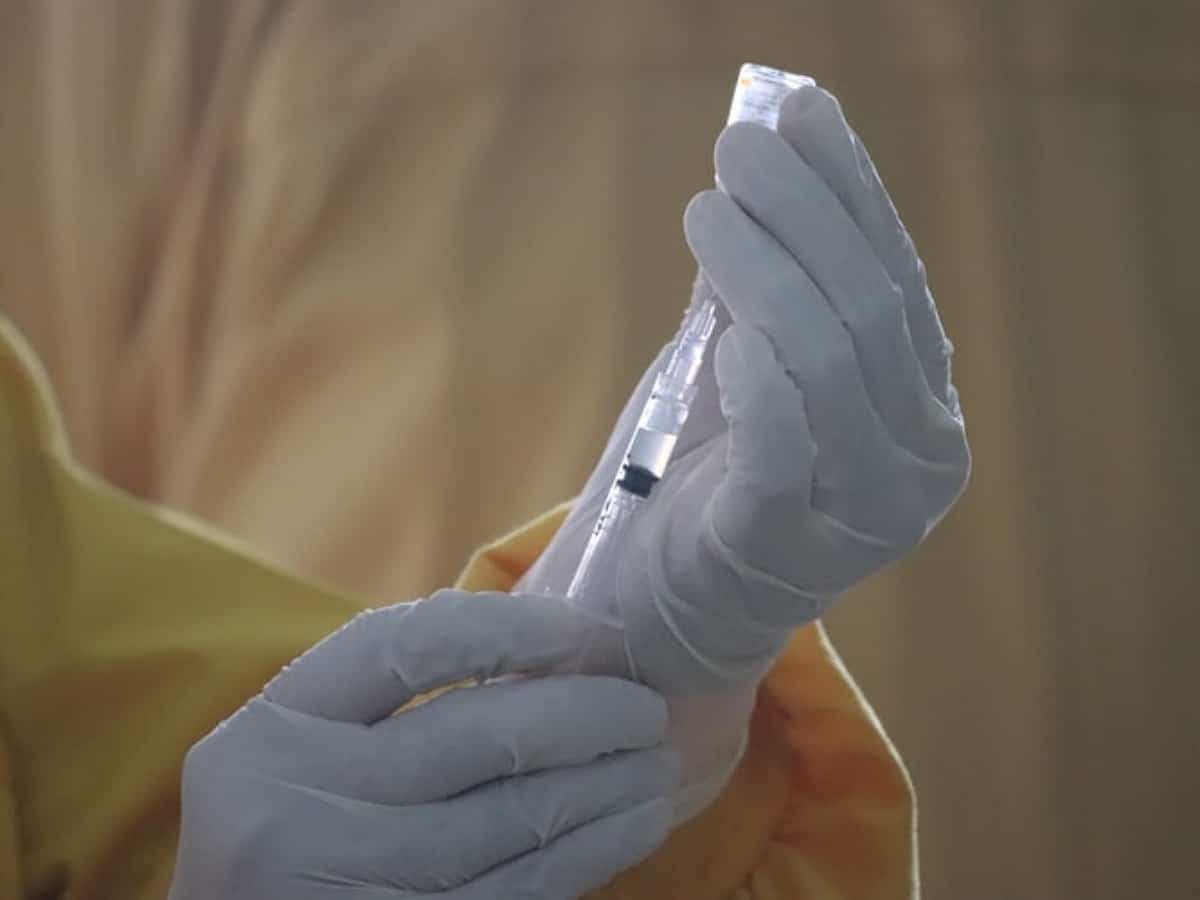
Hyderabad: As part of a pilot project, the state government plans to provide Bivalent Human Papilloma Virus (HPV) vaccines at a 90 per cent discount to girls aged 9 to 14. The decision was made to save women’s lives by preventing cervical cancer, which is caused by a persistent infection of the lower genital tract with high-risk HPV.
HPV infection is most common in women aged 18 to 25. Cervical cancer is the most common cancer among women in India, accounting for 1,22,844 cases and 64,478 deaths each year. According to data from Aarogyasri services, Andhra Pradesh ranks second in the country in terms of cervical cancer cases, accounting for 14% of all cases.
Cervical cancer is a type of cancer that develops in the cells of the cervix, which is located in the lower part of the uterus. Most cervical cancers are caused by different strains of the Human Papilloma Virus (HPV), a sexually transmitted infection.
A study of women in Telangana and Andhra Pradesh’s urban and peri-urban areas discovered an HPV prevalence of 14.7%. One-eighth of these were high-risk cases.
Another study conducted by Andhra University and Mahatma Gandhi Cancer Hospital on 200 women from Visakhapatnam’s urban and rural areas in 2019-2020 found that 41.4% were aware of cervical cancer as a type of cancer affecting women, but only 10% were aware of cervical cancer screening.
In collaboration with Adayar Cancer Institute in Chennai, the government is now taking steps to conduct a pilot project to vaccinate all girls aged 9 to 14 to prevent HPV virus infection.
The programme will be implemented by the AP State Aids Control Society (APSACS) using a single dose-based protocol approved by the World Health Organization (WHO).
Quoted by The New Indian Express, noted consultant radiation oncologist, Dr Mallik Sinagaraju of Continental Hospital, Hyderabad said “ Vaccination helps in preventing cervical cancer, but people who take vaccines must undergo regular cervical cancer screening.”
APSACS officials have stated that the vaccinations will be conducted through schools and primary and urban health centres. According to the market price, a vaccine dose costs Rs 4,000 to Rs 5,000, but APSACS plans to give with a subsidy of 90 per cent, which means vaccines will cost Rs 400 to Rs 500.
While speaking to TNIE, special secretary, health and family welfare and APSACS project director, G Naveen Kumar said, “It’s a pilot project to understand the needs of people and get feedback. It will be done completely on a self-interest basis.”



